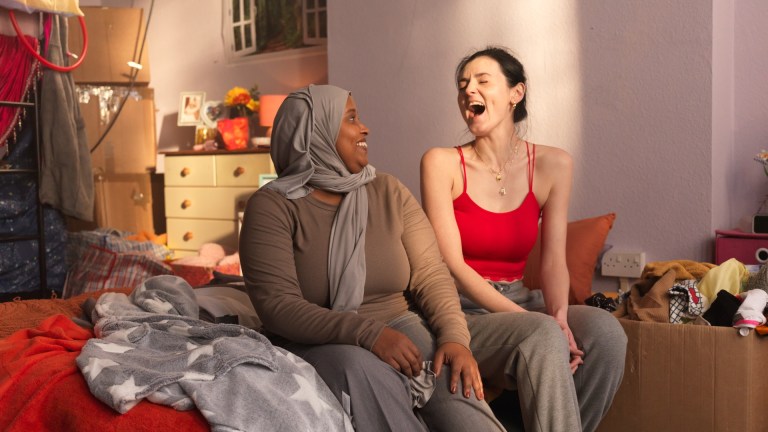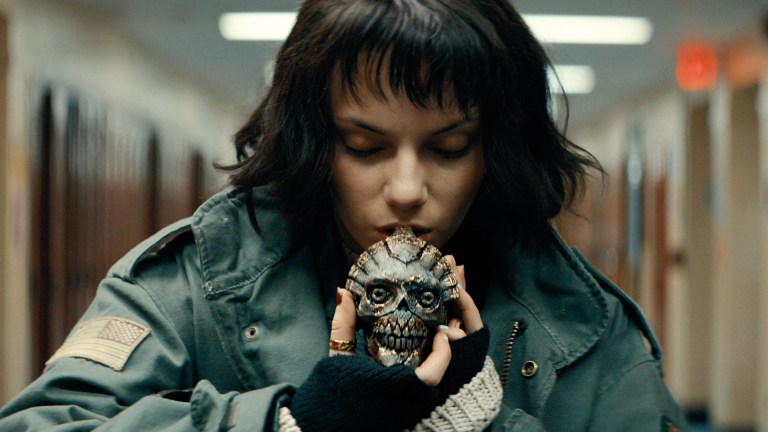A new Pedro Almodóvar movie is always something to relish. The shock-haired Spanish sensualist embraces emotionally charged drama, bold colours, sex, history, politics, classic cinema… all the good stuff. Almodóvar also loves to centre women in many of his screen stories, and has been such a productive film-maker since the 1980s that even if a recent effort does not set fireworks off in your brain, another will be along shortly.
His latest arrives in the UK after triumphing at the Venice Film Festival, where it took home the Golden Lion (in my initial draft, I typed “Golden Loin” – make of that what you will). Helpfully for such a prolific artist, it also comes with a new marketing angle: The Room Next Door is Almodóvar’s first full-length English-language feature.
Get the latest news and insight into how the Big Issue magazine is made by signing up for the Inside Big Issue newsletter
In recent years he has tested the waters with half-hour films in English, starting with the 2020 lockdown project The Human Voice, featuring Tilda Swinton as a recently dumped celebrity eyeing the sharper implements in a hardware store with vengeful intensity. He followed that up last year with gay cowboy fable Strange Way of Life, starring Ethan Hawke and Pedro Pascal as lovers awkwardly saddling up again after 25 years.
From there, it perhaps does not feel like too much of a leap to a full movie. The Room Next Door is Pedro Almodóvar’s own adaptation of US author Sigrid Nunez’s 2020 novel What Are You Going Through. It is the story of two women who bonded when they were journalists working hard and partying harder in the Big Apple in the extravagant 1980s. Martha (Swinton, back again) went on to become a hard-charging war correspondent covering conflicts in Bosnia, Iraq and more. But we first meet her laid out in a New York hospital bed, dealing with the debilitating after-effects of optimistic treatment for an aggressive cancer.
Her former colleague Ingrid (Julianne Moore), now a novelist, re-enters Martha’s life at this momentous inflection point. Despite, or perhaps because of, the stressful circumstances, the two rekindle their bond. They reminisce about the old days, ruefully discuss regrets – Martha’s relationship with the daughter she had as a teen is non-existent – and grapple with the encroaching shadow of death.









